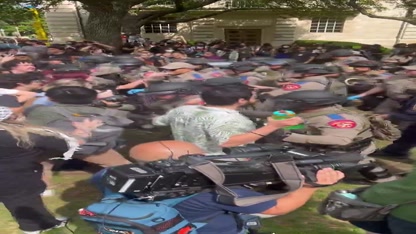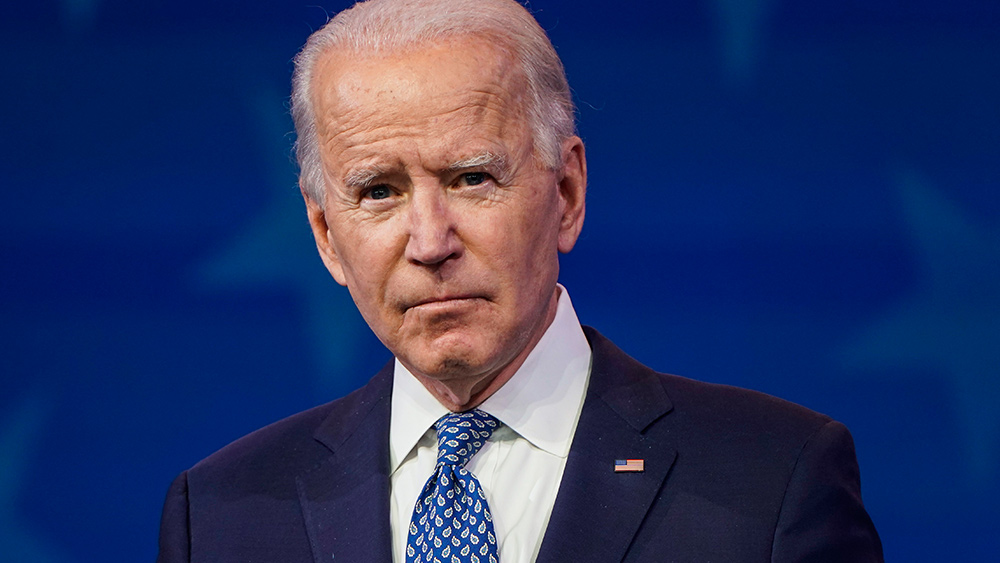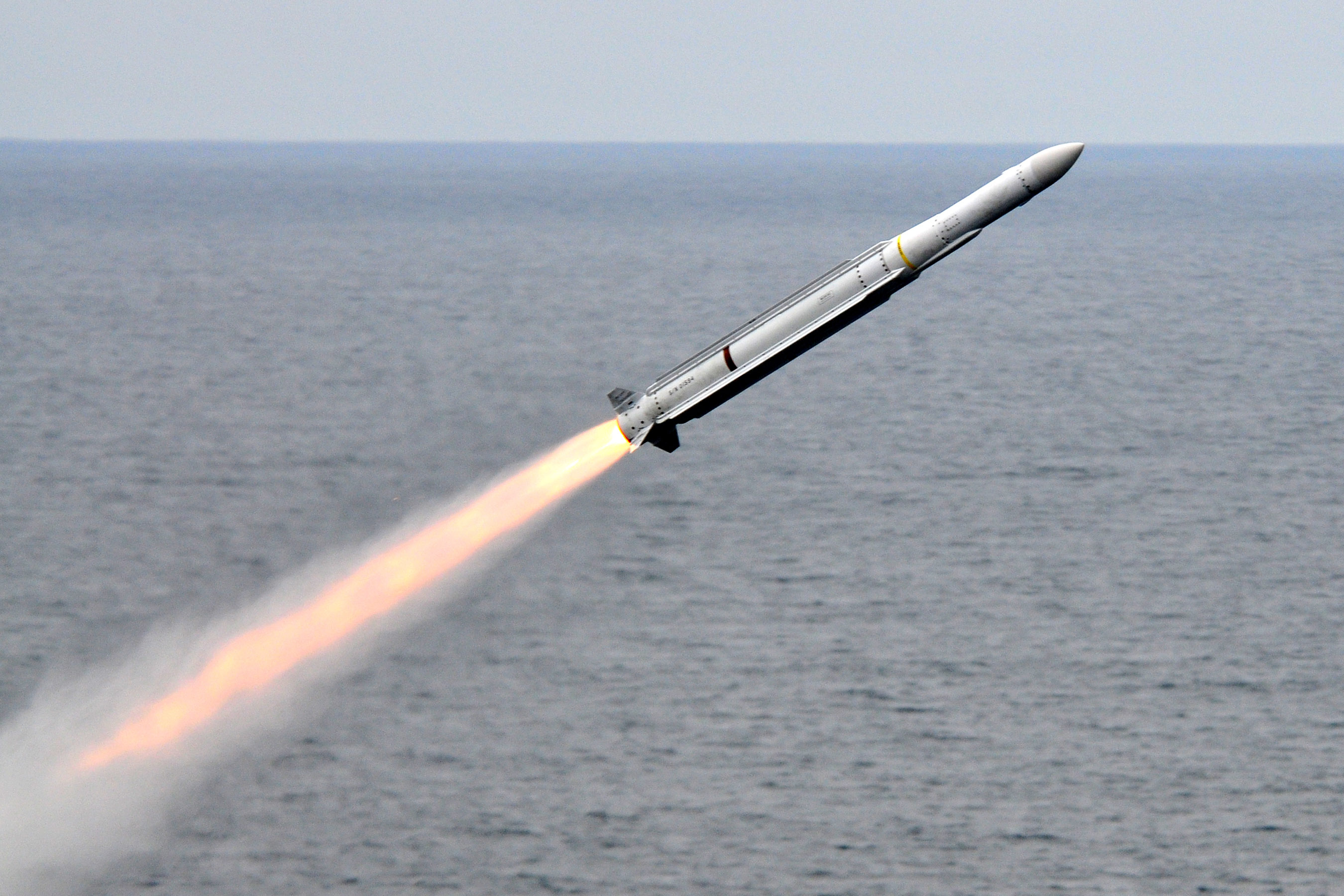
The retraction marks the fourth in four months for the former president of Stanford University, Marc Tessier-Lavigne, who resigned last summer after major flaws were found in his research.
The retraction was announced in an article published in the science journal Nature that was signed by Tessier-Lavigne and the other authors involved in the study. The article acknowledged that there were numerous biostatistical errors and image anomalies in the study, although they denied that it contained data that had been falsified.
The Stanford Daily reports that Tessier-Lavigne was originally encouraged to retract the study more than a decade ago but remained steadfast as recently as this summer that there was no need to do so.
“As with all of my papers, at the time of publication of Nature 2009, I believed the results in the paper were correct and accurately presented,” he claimed.
The paper is one of the most significant of his career and has attracted 816 citations. The study claimed that it identified the cause of Alzheimer's and suggested potential ways to treat the disease.
Study was used to get a bigger purchase price for researcher's biotech firm
Tessier-Lavigne served as an executive for the biotech firm Genentech in 2009, when the study was originally published, and it was described to shareholders shortly after its publication as “groundbreaking basic research about an entirely new way of looking at the cause of Alzheimer’s disease.” There had been some speculation that the study might even win a Nobel Prize, and the researcher embarked on a media tour to promote his finding.
Moreover, Tessier-Lavigne and other Genentech executives used the study in a campaign to increase the purchase price that Big Pharma firm Roche would pay to acquire Genentech. The campaign inspired Roche to raise its offer from $86.50 to $95 per share, which amounted to a rise of around $4 billion.
However, it quickly became obvious to researchers at both Genentech and Big Pharma rivals that the research could not be reproduced, and further research was halted.
Genentech said in a statement that Tessier-Lavigne had been aware of inconsistent results but published the paper anyway. The firm noted: “Prior to publication of the paper, employees other than the authors performed binding experiments that showed inconsistent results.”
They went on to state: “Senior leaders at Genentech including Dr. Tessier-Lavigne knew of the inconsistent binding results.” However, this evidence was not included in the paper, nor did Tessier-Lavigne publicly mention it.
Tessier-Lavigne served as the president of Rockefeller University before taking over the Stanford presidency. After the school launched an investigation that identified a pattern of falsified research connected to labs run by Tessier-Lavigne, he resigned from his post as Stanford president.
It is important to note that he has not been directly accused of being responsible for manipulating data himself, but he is accused of failing to correct the scientific record in different cases where data falsification was brought to his attention on occasions that took place throughout two decades at three different labs.
Four retractions in four months is a staggering statistic. The Retraction Watch database reports that only eight out of every 10,000 scientific papers are retracted, on average.
In addition to the recent Alzheimer's study retraction in Nature, two of his influential neurodevelopment papers that were published in the journal Science and a third one, which was published in the journal Cell, were withdrawn in the fall after it was discovered that they contained images that had been manipulated.
Sources for this article include:
Please contact us for more information.






















